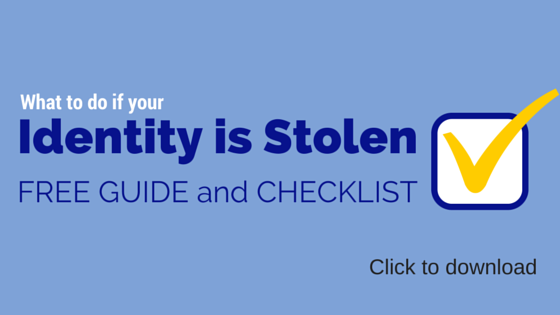Tax Return Fraud and Identity Theft
What you need to know.
How we can help.

Identity theft remains a top priority for the Internal Revenue Service. Identity theft is one of the fastest growing crimes nationwide, and refund fraud caused by identity theft is one of the biggest challenges facing the IRS.
This year, the IRS continues to take new steps and strong actions to protect taxpayers and help victims of identity theft and refund fraud.
What is tax-related identity theft?
Tax-related identity theft occurs when someone uses your stolen Social Security number to file a tax return claiming a fraudulent refund.
Generally, an identity thief will use your SSN to file a false return early in the year. You may be unaware you are a victim until you try to file your taxes and learn that one has already been filed using your SSN.
Tips to protect you from becoming a victim of identity theft
- Don’t carry your Social Security card or any documents that include your Social Security number (SSN) or Individual Taxpayer Identification Number (ITIN).
- Don’t give a business your SSN or ITIN just because they ask. Give it only when required.
- Protect your financial information.
- Check your credit report every 12 months.
- Secure personal information in your home.
- Protect your personal computers by using firewalls and anti-spam/virus software, updating security patches and changing passwords for Internet accounts.
- Don’t give personal information over the phone, through the mail or on the Internet unless you have initiated the contact or you are sure you know who you are dealing with.
Source: irs.gov
Signs of Identity Theft
- E filing of return is rejected
- Taxpayer receives correspondence to confirm that they have filed return before they actually file their return
- Taxpayer receives a bill from the IRS where no return has been filed
- Taxpayer receives notices from IRS indicating wages not earned, a W-2 From from employer did not work, SS benefits adjusted/denied, and SS earnings statement include earnings where taxpayer did not work
- Taxpayer receives notice from IRS that they may be a victim
Coping With Identity Theft: Reducing the Risk of Fraud
This guide lists steps individuals can take to reduce their risk of fraud.
When a dishonest person has your Social Security number, the thief can use it to get other personal information about you.
Most of the time, identity thieves use your number and your good credit to apply for more credit in your name.


